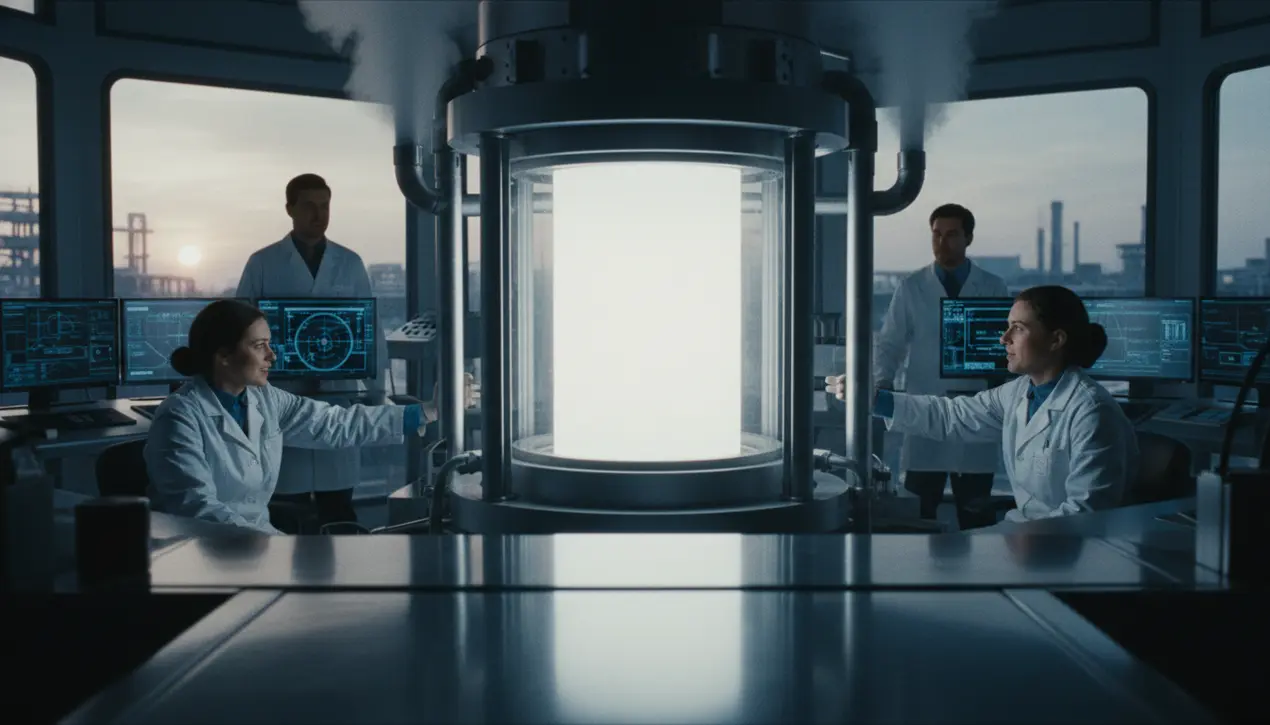
SciencephysicsNuclear Physics
Valar Atomics Says It's the First Nuclear Startup to Achieve Criticality
MI
Michael Ross
3 hours ago7 min read
In a development that reads like science fiction becoming science fact, Valar Atomics has announced it has achieved criticality, marking a pivotal moment for nuclear energy startups and positioning itself as the first to cross this fundamental threshold under a Trump-era pilot program designed to fast-track three such companies to this milestone by July 4, 2026. This isn't merely a technical checkbox; achieving criticality signifies the moment a nuclear fission chain reaction becomes self-sustaining, the very heartbeat of a reactor, and for a private startup to reach this point is akin to a fledgling aerospace company successfully launching its first rocket into a stable orbit.The program itself, a legacy of the previous administration, represents a significant bet on the potential of small-scale, agile nuclear enterprises to disrupt an industry long dominated by state actors and colossal, budget-busting projects, echoing the early days of the commercial space race where private entities began to challenge national agencies. However, Valar's triumph comes with a crucial, and telling, caveat: the company acknowledges it 'had some help,' a phrase that opens a Pandora's box of questions about the nature of modern innovation.Was this assistance in the form of leveraging decades of public-sector research from national laboratories, a kind of technological osmosis that gives startups a monumental head start? Or was it more direct, involving strategic partnerships with established defense or energy contractors, blurring the lines between disruptive startup and legacy industrial complex? This nuanced reality forces a necessary debate on the ethical and practical frameworks of AI and advanced technology, much like Isaac Asimov's laws of robotics forced us to preemptively consider the rules for our creations; here, we must ask what the rules of engagement are for public-private partnerships in a sector with profound implications for national security and global energy sovereignty. The success of Valar undoubtedly injects a powerful dose of optimism into the advanced nuclear sector, potentially attracting a flood of venture capital and talent, yet it also accelerates the timeline for confronting a host of policy and safety dilemmas.Regulatory bodies, historically calibrated for the slow, methodical pace of traditional nuclear development, are now faced with the challenge of evaluating novel reactor designs at startup velocity, creating a precarious tightrope between fostering innovation and ensuring unwavering safety. Furthermore, this milestone intensifies the global race for next-generation nuclear technology, with implications for energy independence and geopolitical influence, particularly vis-à-vis competitors like China and Russia, who are pursuing their own advanced nuclear programs. The achievement, therefore, is not an endpoint but a gateway—a proof-of-concept that lowers the psychological and financial barrier for what's possible, yet it also serves as a stark reminder that with great power, literally and figuratively, comes a complex web of responsibilities that we are only beginning to unravel.
#featured
#Valar Atomics
#nuclear startup
#criticality
#Trump administration
#pilot program
#energy
Stay Informed. Act Smarter.
Get weekly highlights, major headlines, and expert insights — then put your knowledge to work in our live prediction markets.
Related News
Comments
Loading comments...
© 2025 Outpoll Service LTD. All rights reserved.